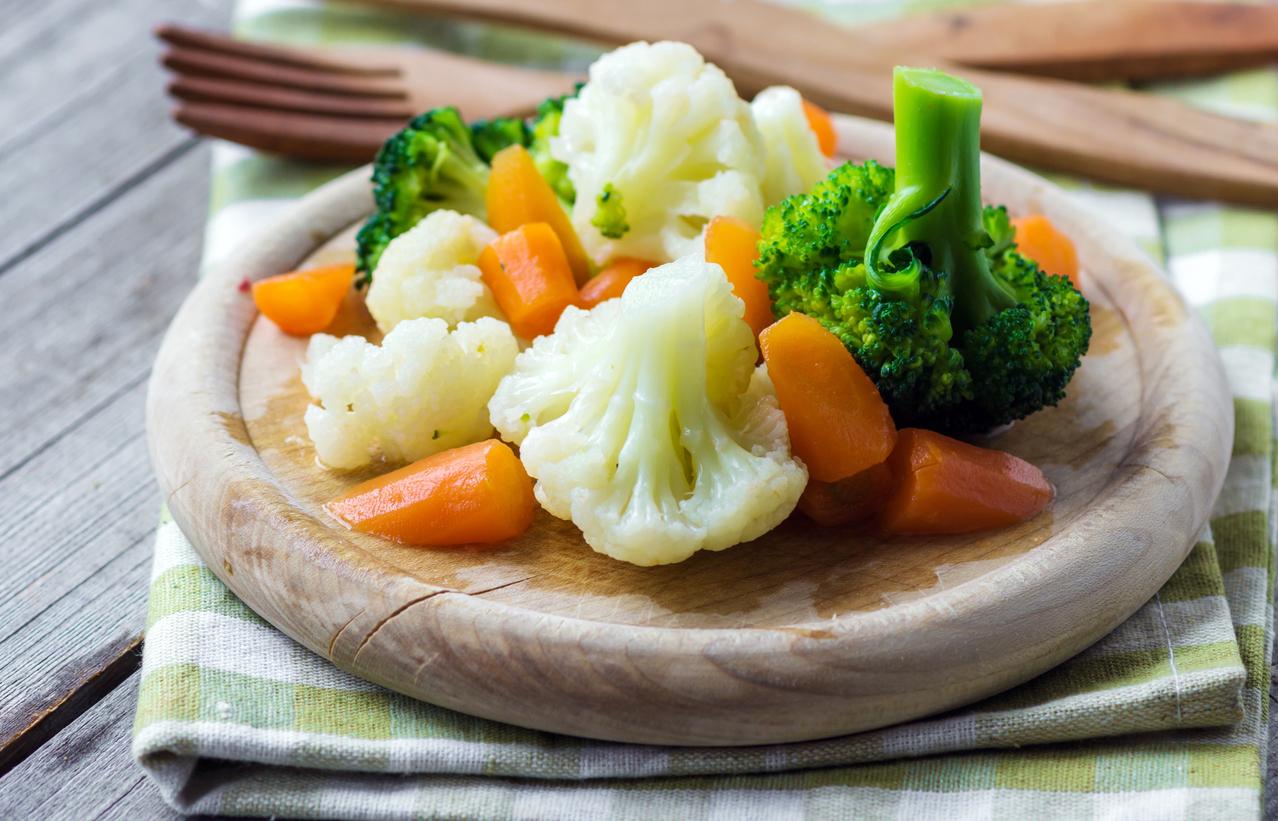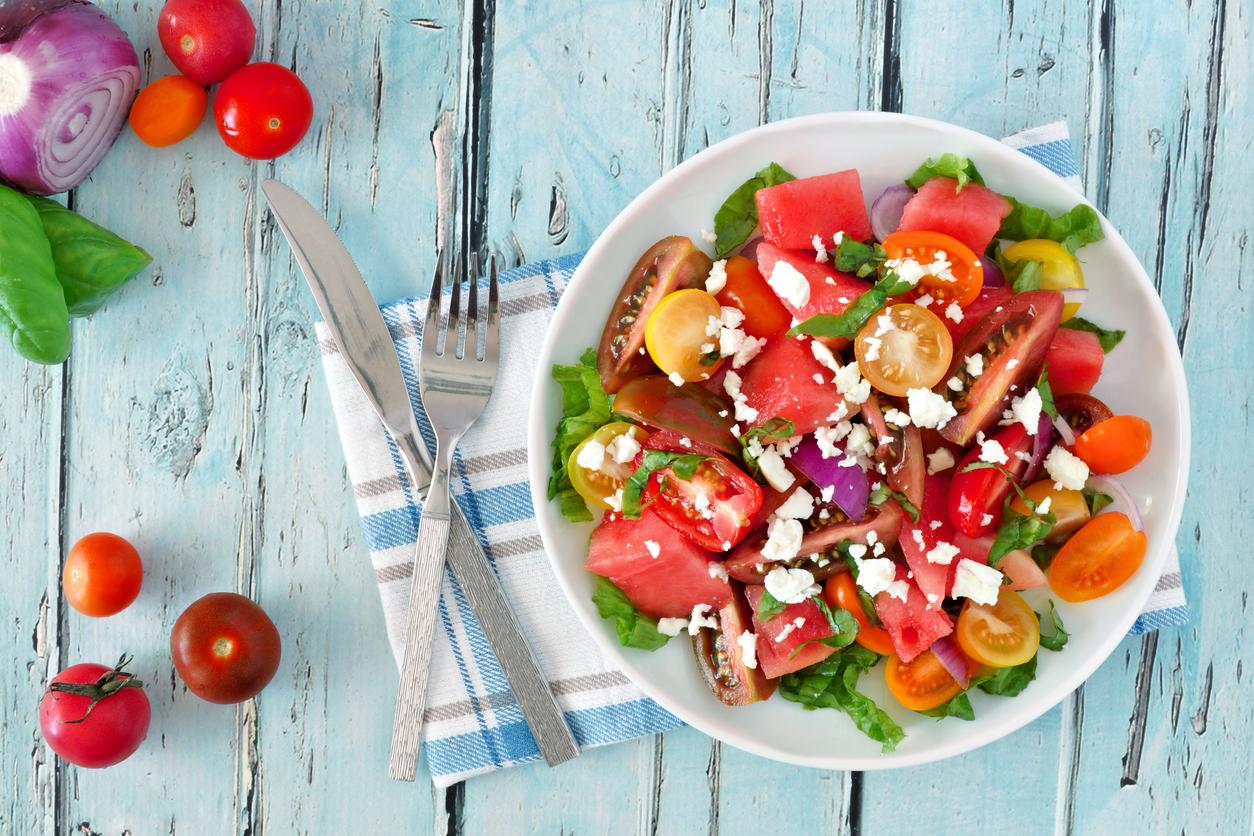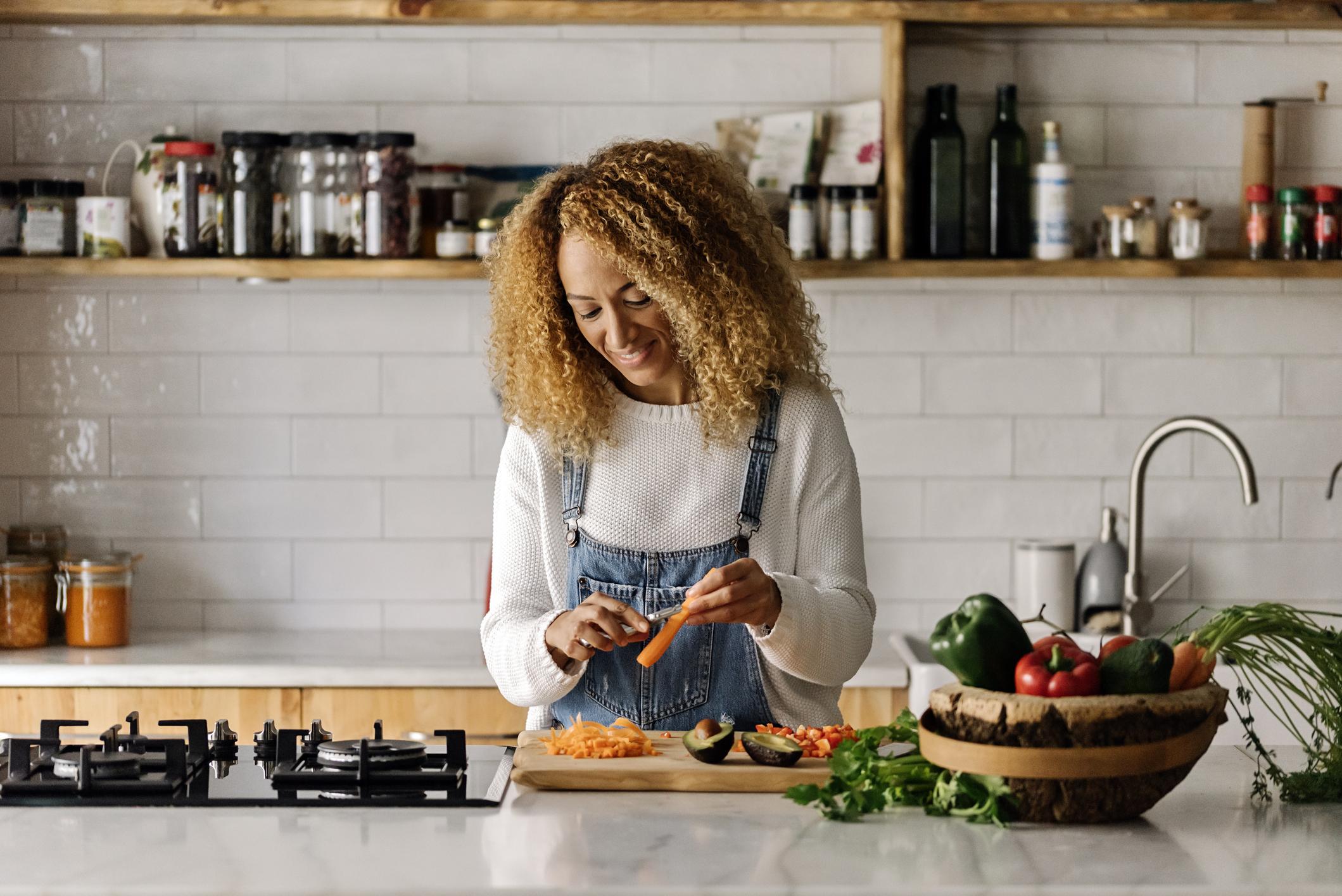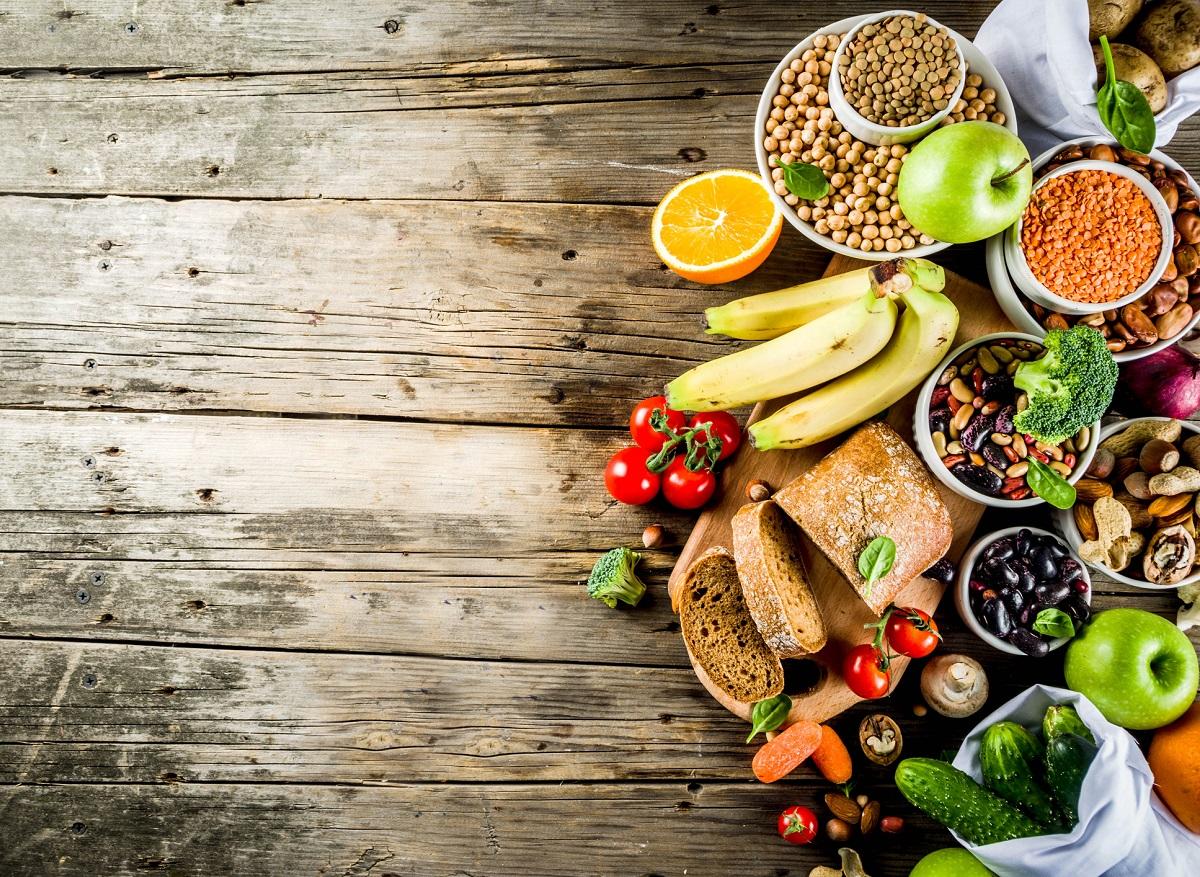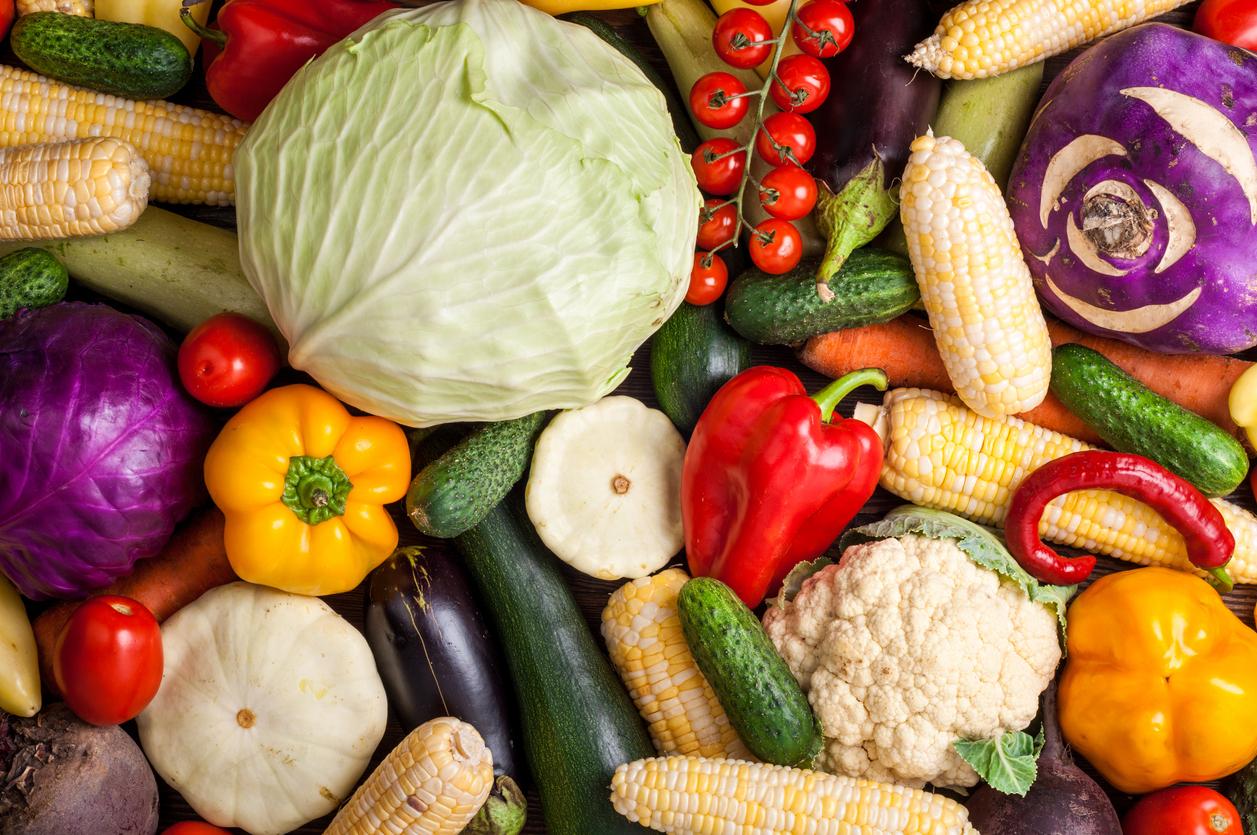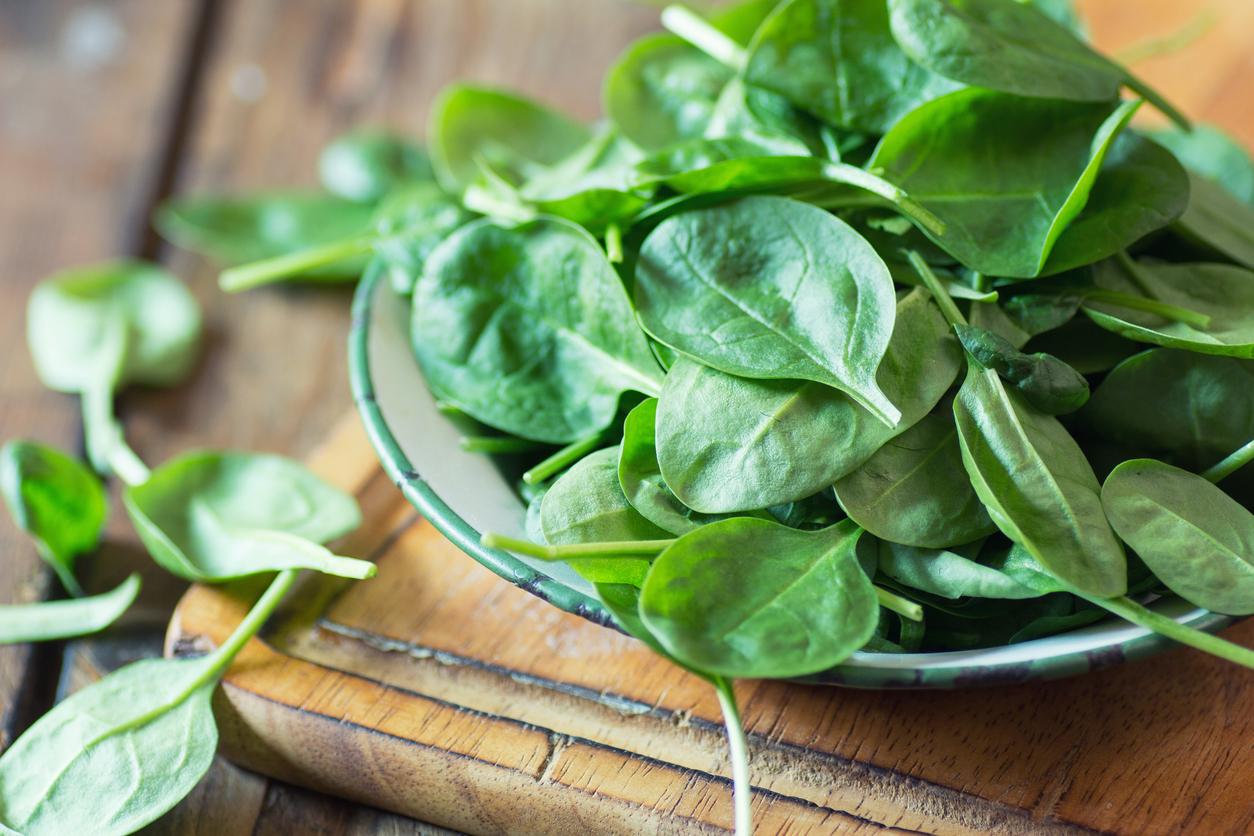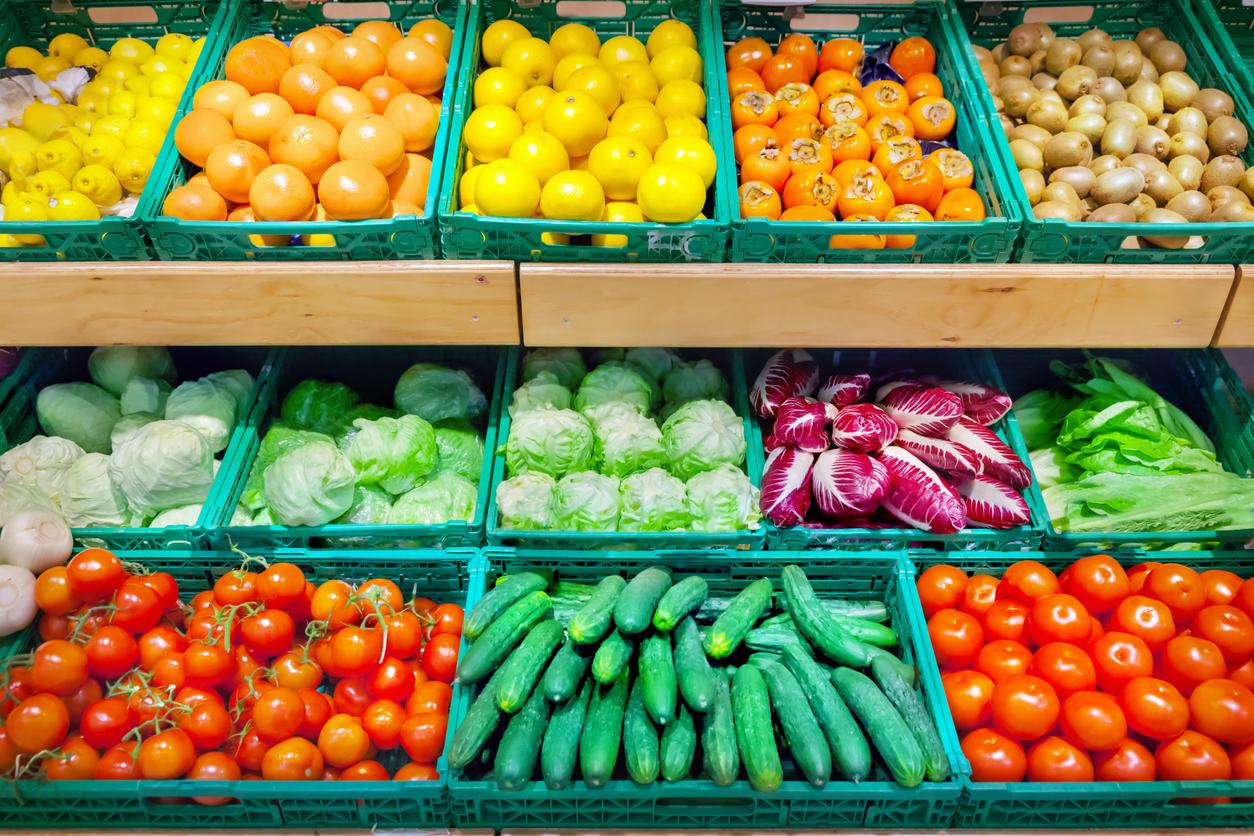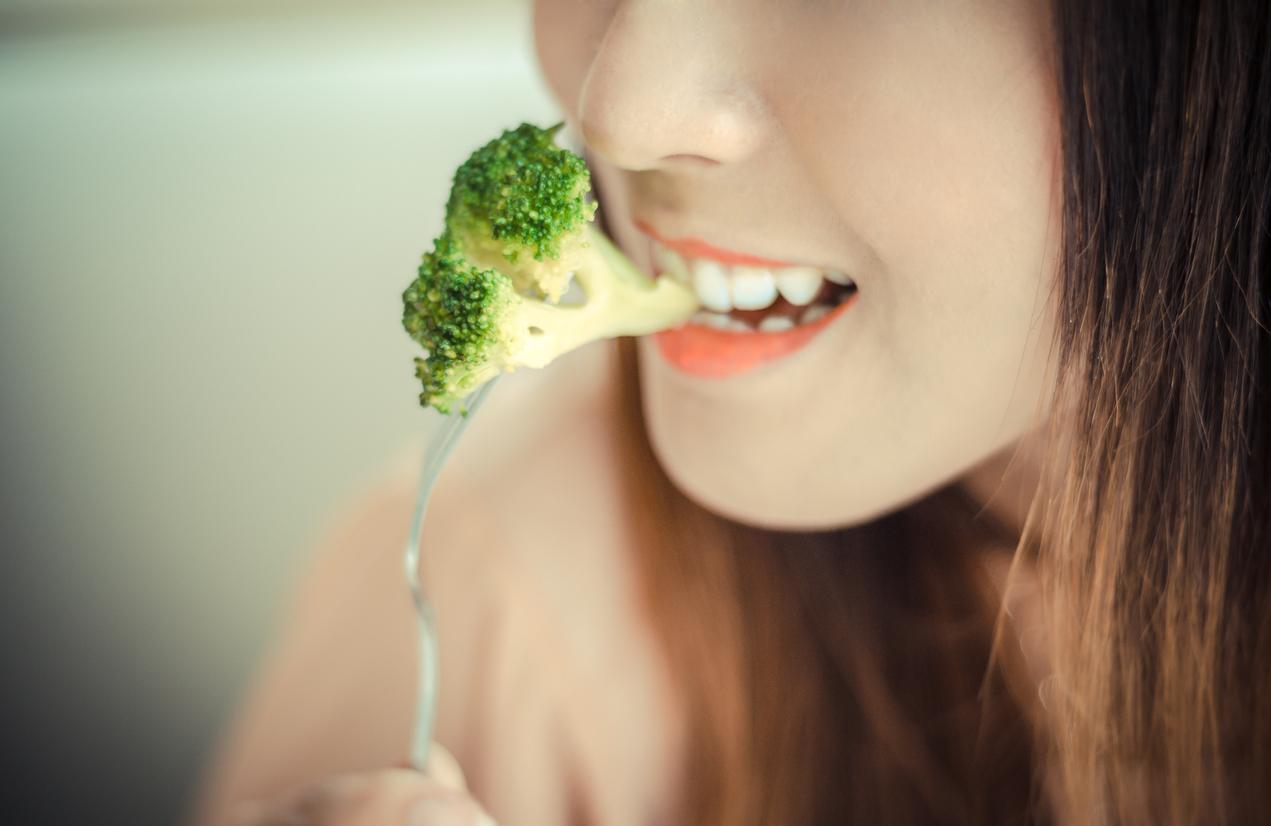The message which consisted in hammering the injunction to consume 5 fruits and vegetables per day was not in vain. According to the results of a survey conducted by CREDOC in 2019, fruit consumption has increased by 13g per day among children and 20g among adults since 2010. And for fruit, it has increased by 3g per day for the former and 5g for the latter. Rising figures that show an awareness of the benefits of these foods in our daily lives. And which give rise to questions about their ideal mode of consumption. Do we have to eat them fresh? Or can we use frozen foods? Answers with Catherine Serfaty-Lacrosnière, nutritionist in Paris.
5 fruits and vegetables a day : we have all heard this injunction over and over. All studies converge to show and demonstrate the benefits of these foods for our health. But for lack of time or imagination, we do not always have the time to go to the market, prepare and cook them. “Frozen is as nutritious as fresh. And sometimes they are even richer in vitamins and minerals. Cold is indeed a process that slows down the destruction of these nutrients.“, explains Catherine Serfaty-Lacrosnière.
Enter picking and eating, a loss of nutrients
Ideally, and in order to benefit from their nutritional intake, it would be necessary to consume seasonal fruits and vegetables directly after picking, in the garden, field or orchard. Obviously, in the big cities it is always very complicated. Frozen foods are therefore a very good alternative. “They can be kept for up to a year in the freezer.. They will keep their composition“, adds the specialist.
This composition can also be altered by other factors: peeling or cooking method For example. Peeling an apple can in some cases deprive us of some of its nutritional benefits. Cooking under high heat destroys certain vitamins. When fresh vegetables are boiled in water, it is this which will take away a large part of the vitamins. Hence the interest of consuming it also to enjoy the benefits of the vegetables cooked in it. This is why vegetable broths are very interesting from a nutritional point of view. “The fruits and vegetables that we buy fresh from a greengrocer or in a supermarket can be stored for a certain period of time before being displayed on the shelves. Then the consumer stores them in his refrigerator. By accumulating the delays between the picking and eating, there may be a significant loss of nutrients, so this may not be the best solution“, specifies Catherine Serfaty-Lacrosnière.
5 vegetables to choose frozen rather than fresh
The nutritional advantage of fresh vegetables was also undermined in 2018 by the magazine “60 million consumers”. According to their survey, frozen vegetables are generally higher in vitamins and minerals than fresh ones. The survey cited, with supporting analyses, 5 vegetables to choose frozen rather than fresh :
- fresh green beans contain more vitamin C and B9 than frozen ones,
- same for carrots and vitamin A and fiber,
- peas,
- apricots,
- raspberries.
The analysis also shows the opposite. Mushrooms, tomatoes and pineapples have more nutritional benefits when they are fresh than frozen.
No more reason therefore to have problems of conscience when taking out your bag of fruits and vegetables from the freezer. “However, always check the labels. Choose natural products, without additives. You will avoid adding calories or industrial ingredients. Some pan-fried or ratatouille contain added fat or preservatives. And there, we are completely moving away from the vegetables or fruits of the market“, advises the nutritionist.
Thanks to Catherine Serfaty-Lacrosnière Nutritionist in Paris.
Read also:
- 20 light family recipes
- 9 tips for eating less fat every day
- Seasonal fruits and vegetables not to put in the fridge
- Eat better for less in 12 tips
- 9 tips for an eco-friendly kitchen










